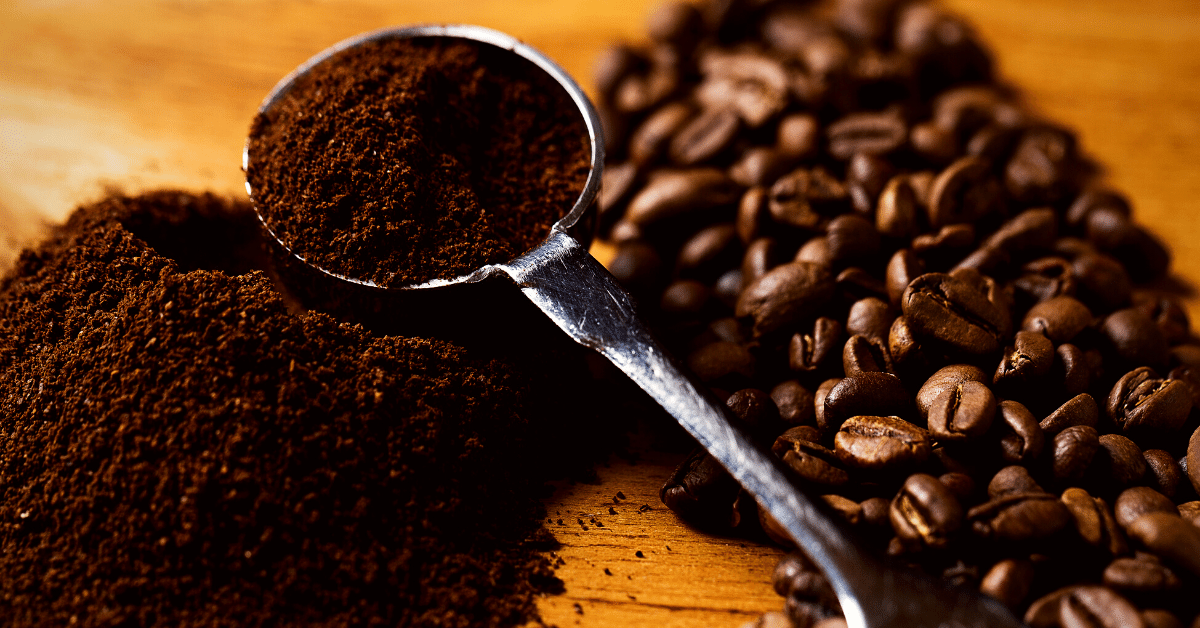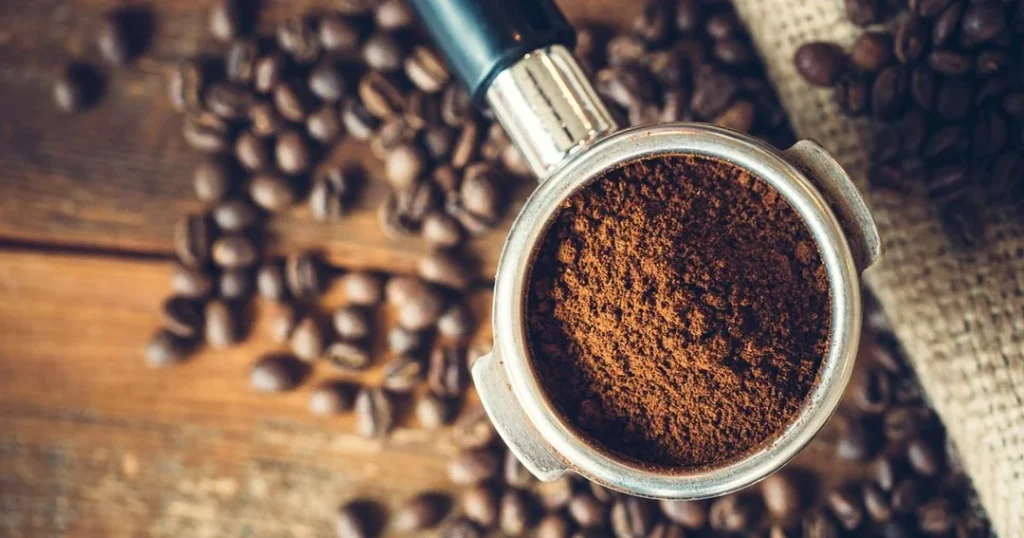Blog
Discover Decaf Coffee – Flavor Without the Jitters
Decaf coffee is an excellent choice for those who love the taste of coffee but want to avoid the stimulating effects of caffeine. Whether you’re sensitive to caffeine, enjoy a cup of coffee later in the day, or simply prefer a calmer alternative, decaf coffee offers the perfect balance of flavor without the jitters. In this guide, we will explore what decaf coffee is, how it’s made, and why it’s a great option for coffee lovers.
What Is Decaf Coffee?
Decaf coffee, short for decaffeinated coffee, is coffee that has had most of its caffeine content removed. While it’s impossible to remove 100% of the caffeine, decaffeination methods can reduce caffeine levels by up to 97%, leaving you with a flavorful brew that won’t keep you up at night.
Decaf coffee comes in a variety of roast styles – from light to dark – just like regular coffee, allowing you to enjoy the rich taste of coffee without the energizing effects. Whether you’re a fan of bold espresso or smooth drip coffee, there’s a decaf option to suit your preferences.

How Is Decaf Coffee Made?
The process of decaffeination removes caffeine from coffee beans while maintaining the flavor. There are several methods used to decaffeinate coffee, including:
- Water Process: Also known as the Swiss Water Process, this method uses water to extract caffeine from the beans. It’s a chemical-free process that preserves the coffee’s natural flavors, resulting in a smooth, clean taste.
- CO2 Process: In this method, carbon dioxide is used to remove caffeine. The CO2 bonds with the caffeine molecules and pulls them from the coffee beans, leaving the flavor profile intact. This process is also chemical-free and retains a lot of the coffee’s original flavors.
- Solvent Process: This method involves using a chemical solvent like methylene chloride or ethyl acetate to remove the caffeine. The beans are soaked in the solvent, which absorbs the caffeine. Afterward, the beans are rinsed to remove any remaining solvent. Though this process is effective, some people prefer the water or CO2 methods for their more natural approach.
- Triglyceride Process: This process uses coffee oils to extract caffeine. Coffee beans are soaked in a solution of coffee oils, which bind to the caffeine molecules, allowing them to be removed. The beans are then dried to restore their texture.
Each method of decaffeination has its pros and cons, but modern techniques aim to preserve the rich flavor and aroma of the beans, ensuring that decaf coffee is as satisfying as its caffeinated counterpart.

Why Choose Decaf Coffee?
There are several reasons why people choose decaf coffee, and it’s not just for those who need to avoid caffeine:
- Avoiding Caffeine Sensitivity: Some people are naturally sensitive to caffeine, experiencing symptoms like jitteriness, increased heart rate, or anxiety. Decaf coffee provides a way for them to enjoy the taste of coffee without these unwanted side effects.
- Enjoy Coffee Anytime: Decaf is a great option for those who love coffee but want to avoid the sleep-disrupting effects of caffeine. You can enjoy a cup of decaf coffee late in the evening or before bed without worrying about staying up all night.
- Health Considerations: Decaf coffee is a good choice for individuals who need to limit their caffeine intake due to certain health conditions like heart problems, hypertension, or pregnancy. It allows them to enjoy coffee’s antioxidants and other benefits without the added risks of caffeine.
- Flavor Variety: Decaf coffee comes in a variety of roasts, from light and fruity to dark and bold. Many decaf coffees are made from high-quality beans, ensuring that the flavor is just as rich and satisfying as regular coffee. Some decaf varieties are even more flavorful due to the decaffeination process enhancing certain flavor notes.
- Rich in Antioxidants: Like regular coffee, decaf contains antioxidants that help fight free radicals and inflammation in the body. These antioxidants can help support overall health, from reducing the risk of chronic diseases to improving cognitive function.
Popular Decaf Coffee Varieties
Decaf coffee is available in a wide range of options, depending on your taste preferences. Some of the most popular varieties include:
- Decaf Espresso: For espresso lovers who want to avoid caffeine, decaf espresso offers a smooth, rich shot of coffee without the caffeine kick. It’s perfect for making lattes, cappuccinos, or enjoying on its own.
- Decaf Cold Brew: Cold brew coffee is known for its smooth, mellow taste, and decaf cold brew takes that to the next level. It’s brewed slowly and served chilled, making it a perfect refreshing option for a hot day.
- Decaf French Roast: If you prefer dark, bold coffee, decaf French roast is a great option. It’s deep, smoky, and full-bodied, offering a satisfying flavor without the caffeine.
- Decaf Medium Roast: A popular choice for those who enjoy a balanced cup, decaf medium roast provides a smooth, rich flavor that’s neither too light nor too dark. It’s perfect for everyday drinking.
- Decaf Flavored Coffee: Many coffee brands offer decaf flavored options, including vanilla, hazelnut, caramel, and more. These flavors can be added to your coffee without the added caffeine, giving you a fun and delicious way to enjoy your decaf.
How to Brew the Perfect Cup of Decaf Coffee
Brewing decaf coffee is just like brewing regular coffee. Here are some tips for making the perfect cup:
- Use Fresh, High-Quality Beans: Just like with regular coffee, the quality of your beans plays a significant role in the final flavor. Choose freshly ground, high-quality decaf beans for the best taste.
- Grind Your Beans Right Before Brewing: To maximize flavor, grind your decaf beans just before brewing. A burr grinder works best for a consistent grind.
- Use the Right Water-to-Coffee Ratio: Generally, the ideal ratio is 1 to 2 tablespoons of coffee per 6 ounces of water. Adjust to your preference.
- Brew at the Right Temperature: Brew your decaf coffee at a temperature of around 195°F to 205°F for optimal extraction. Too hot or too cold, and the coffee can taste off.
- Experiment with Brewing Methods: Try different brewing methods, like drip, pour-over, French press, or espresso, to see which one brings out the best flavor in your decaf coffee.
Conclusion
Decaf coffee offers all the rich flavors of regular coffee without the stimulating effects of caffeine. Whether you’re avoiding caffeine for health reasons, want to enjoy coffee at any time of day, or simply love the taste, decaf coffee provides a great alternative. With a variety of decaf options available, from espresso to flavored brews, you’re sure to find the perfect cup for your tastes. So, if you haven’t already, give decaf coffee a try – you’ll be amazed at how flavorful and satisfying it can be!


